
The quantum trembling: Why there are no truly flat molecules
Research team led by Goethe University shows that due to quantum physical effects even “flat” molecules are always three-dimensional Formic

Research team led by Goethe University shows that due to quantum physical effects even “flat” molecules are always three-dimensional Formic
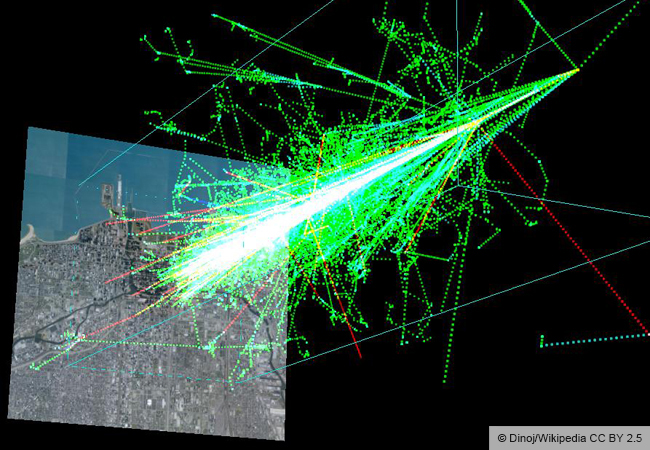
How can particle collisions at the highest energies or cosmic radiation in the Earth’s atmosphere be simulated? This question is
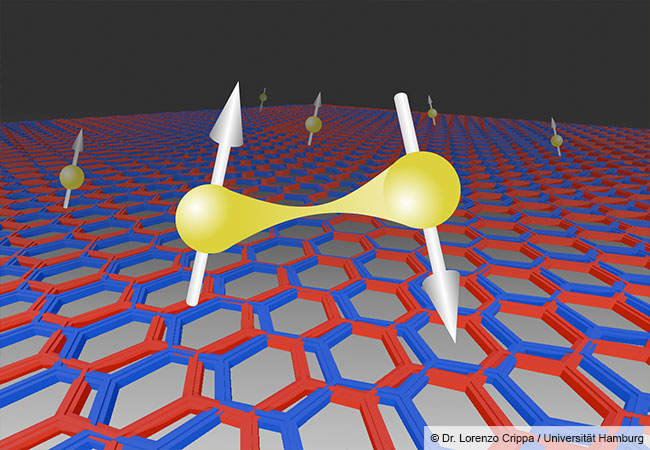
When ultrathin crystal layers are stacked on top of each other with a slight twist, so-called moiré materials with entirely

DFG approves new Centre for Advanced Studies in the Humanities and Social Sciences at Goethe University Frankfurt Our times are
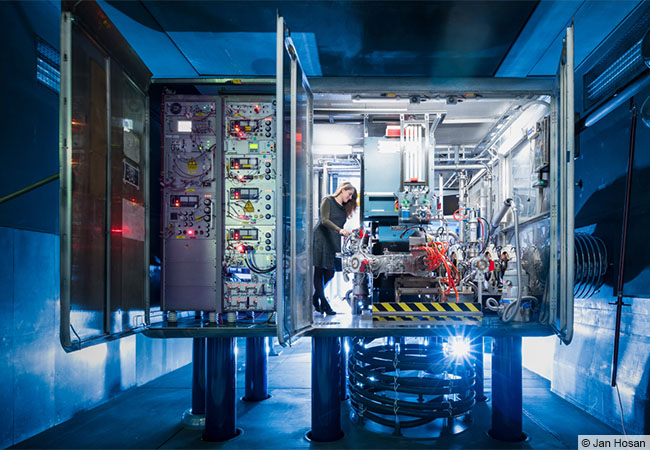
With the new trilateral master’s program “Particle Accelerator Science” the Rhine-Main universities are pooling their expertise in accelerator science, which

DFG approves new Collaborative Research Centre on educational equity / Funding for three natural science CRC Transregios at Goethe University
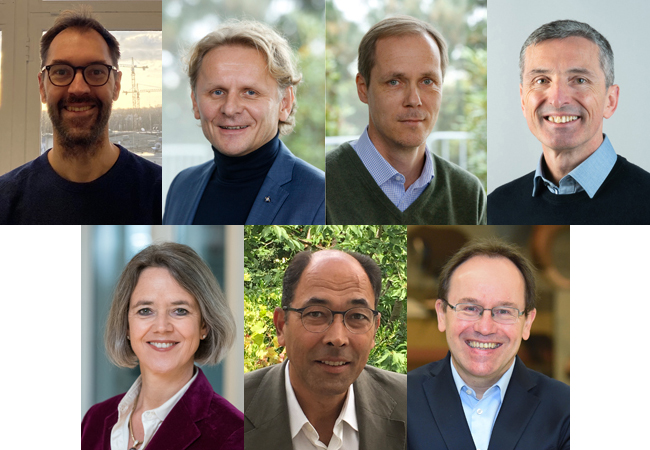
Global study’s ranking includes the one percent of scientists cited most frequently in scientific journals. Seven of the 6,900 most

Deutsche Version Physicists from Frankfurt and Shanghai compare shadow images of black holes with alternative theories of gravity Images of

International research group led by Professor Maria Roser Valentí continues to develop many-body theories for complex quantum materials The research

Theoretical physicists at Goethe University Frankfurt describe the origin of powerful jets using complex simulations A hundred years before the

Astrophysicist Luciano Rezzolla brings his research to life at EXPERIMINTA. They are invisible and possess an incredible gravitational pull –

Frankfurt physicists observe coupled quantum zero-point motion of a molecule’s atoms Researchers at Goethe University Frankfurt have, for the first

Physicists at Goethe University Frankfurt were honored for their excellent research, engaging teaching, and outstanding academic achievements during the Department

From Curiosity to Research – A Student Internship on Goethe University’s Quantum Computer Arthur Frisch, an 11th-grade student, is not

Frankfurt Physicists Explore the Night Sky at the Nordic Optical Telescope Perched on the slopes of Roque de los Muchachos,

German Research Foundation funds new doctoral program in the humanities and extends support for life sciences imaging group Democracy is
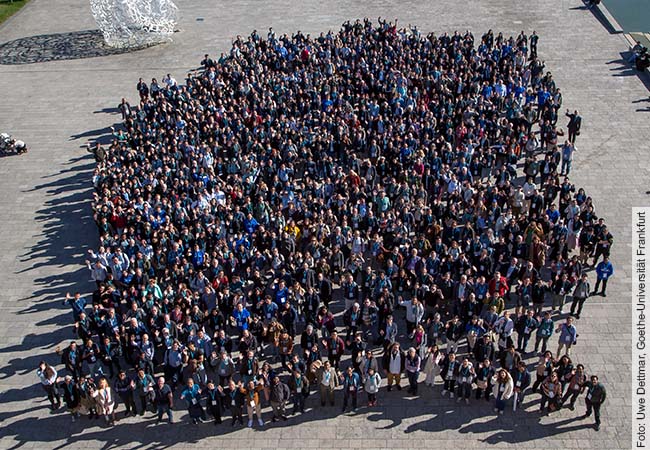
For the first time, the world’s leading conference on heavy-ion physics, Quark Matter, was held at Goethe University from April
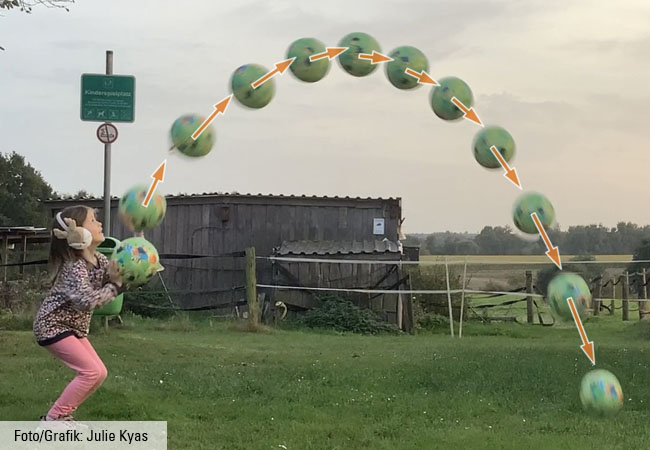
Thomas Wilhelm, who has won several awards for his approach to teaching physics, explains why physics lessons sometimes aren’t very

With the help of the world’s most powerful X-ray laser, European XFEL, a research team led by Goethe University Frankfurt

Scientists at Goethe University Frankfurt have identified a new way to probe the interior of neutron stars using gravitational waves
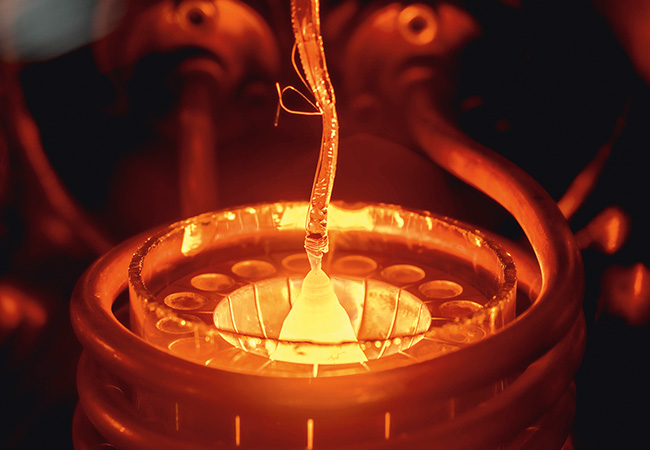
Quantum Research for new materials 100 years after the discovery of quantum mechanics, the International Quantum Year 2025 is being
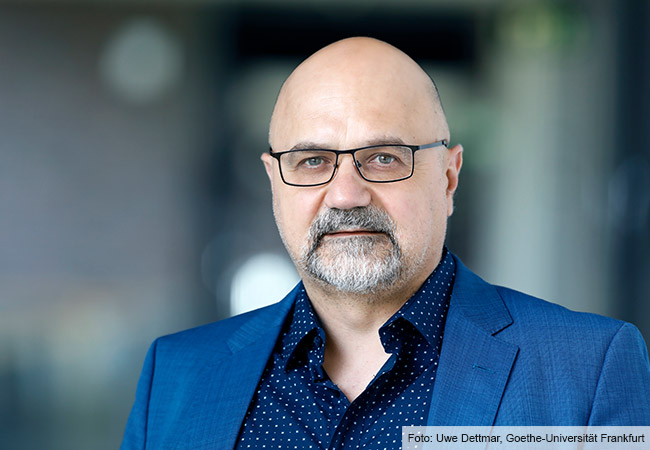
FIAS Senior Fellow honoured for images of the black hole On 5 February 2025, Luciano Rezzolla, Senior Fellow at Frankfurt
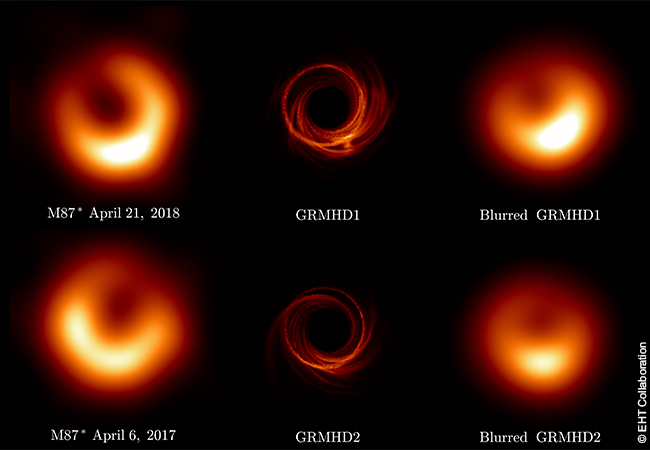
First step on the way to a video of the black hole In 2019, the international Event Horizon Telescope (EHT)
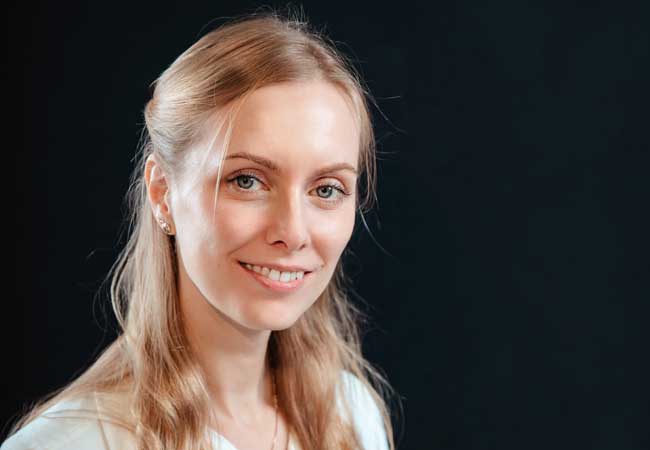
Olena Fedchenko appointed to new Gisela and Wilfried Eckhardt endowed professorship for experimental physics – Funding provided by the estate
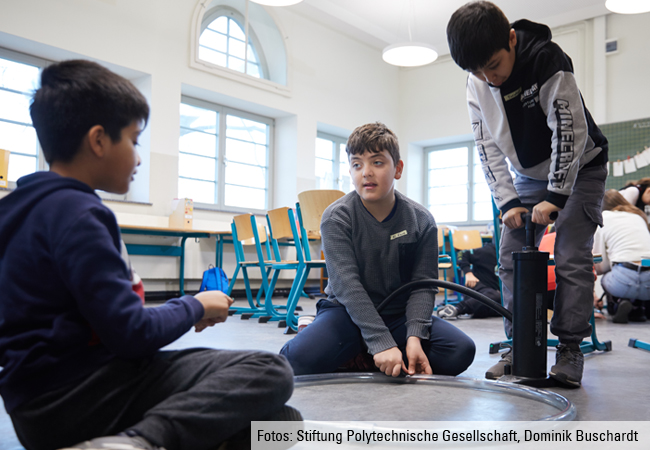
Children discover the fascinating world of science: the “Junge Forscher” (“Young Scientists”) project of the Polytechnic Foundation of Frankfurt am
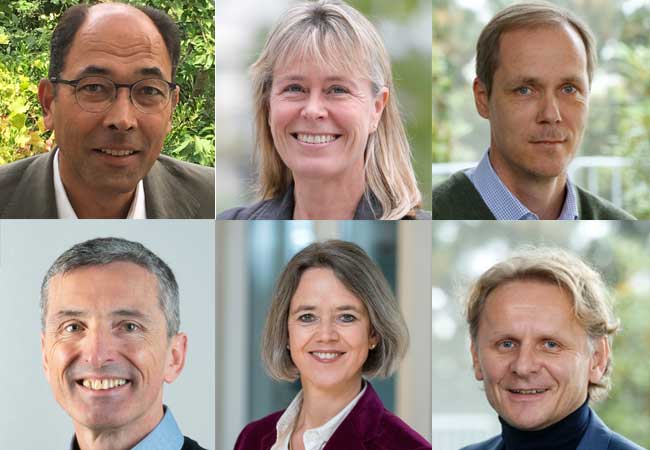
Global study’s ranking includes the one percent of scientists cited most frequently in scientific journals Six of the 6,600 most
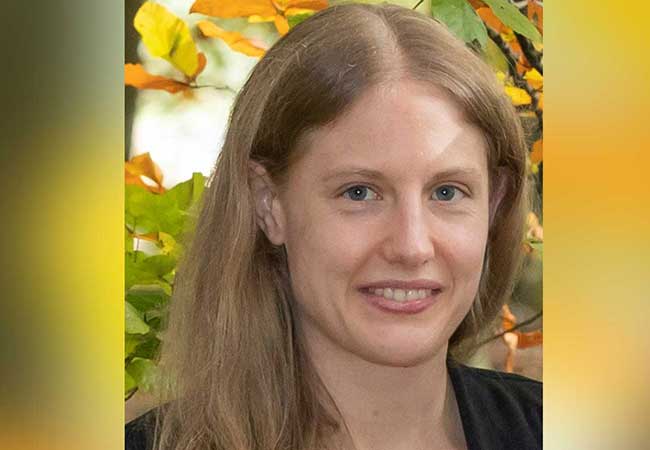
Hessian state program provides €1.2 million in funding for technological innovations in spectroscopy. Dr. Sabine Richert, an expert in molecular
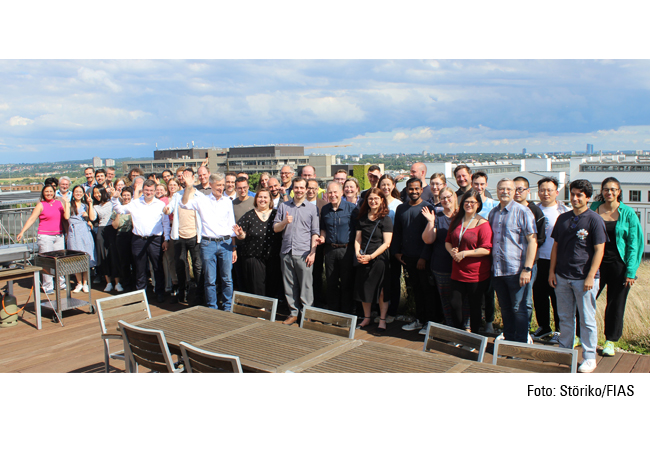
“The founding of FIAS 20 years ago was a rather strange story,” recalls Wolf Singer, neurobiologist and co-initiator of the
You cannot copy content of this page